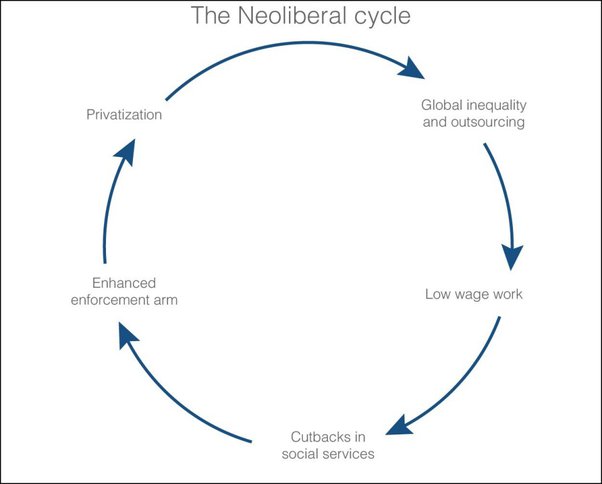Going off Tuesday’s discussion on consent and meta proceduralism in the game space. I wanted to explore how societal conditioning (norms?) outside of the game space integrate into game play. By this, I don’t mean how our prejudices and bias shape our decision making but rather how our compulsions and belief in labour and reward systems translate into games and their design.
Professor Jagoda had talked about neo-liberal principles finding their way into game play, such as labour and reward systems. To me, this is an example of a societal conditioning that exists beyond and without game play, that is then used in the creation of games and its designs. Generally speaking, we are taught that if we put in enough labour then we will be rewarded, and if we do not put in any labour, then there will be no reward. If we adopt a neoliberal lens to this concept, that is minimizing regulation, and allowing the market’s ebb and flow to control prices and values, the system of rewarded labour can be more easily exploited. In a game, where the designer is in someway the regulator of how labour can be rewarded, we see differing levels of labour procuring different rewards depending on the game. And many enjoy the fact that their labour does not result in an instant reward, speaking to our relationship with rewards and the perhaps conditioning of feeling the need to earn our reward, even if the terms are exploitative.
Games use the system of reward and labour on a basic level. Your labour is rewarded with an upgrade or a promotion to another level, some state changing variable that is in someway a recognition of the labour you have put in. Games take this process from greater society, showing that game use a basic conditioning to create laws in-game. Games can then harness the nuances between labour and reward by pushing people to labour more and reward them less, frustrating players, or games can easily reward players. The game designer gets to curate the relationship between labour and reward and uses existing conditioning to do this effectively.


Something this made me think of was the ending in the Stanley Parable that requires you to leave the game alone for five years, an achievement that is aptly named “Go Outside.” This is the opposite of the labor-reward continuum, which makes me wonder about how many other ways this can be utilized in games that are slightly less meta. How do you incentivize users not to play a game, when the point of video games can be seen as playing? Very interesting, especially when analyzed alongside neoliberal principles.